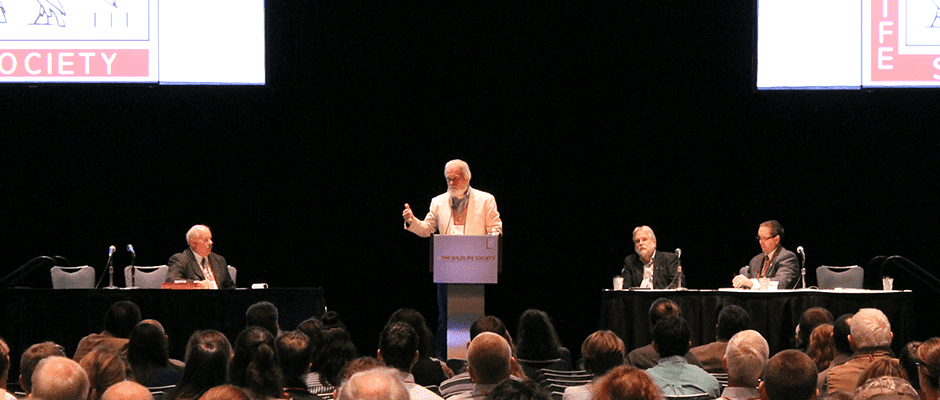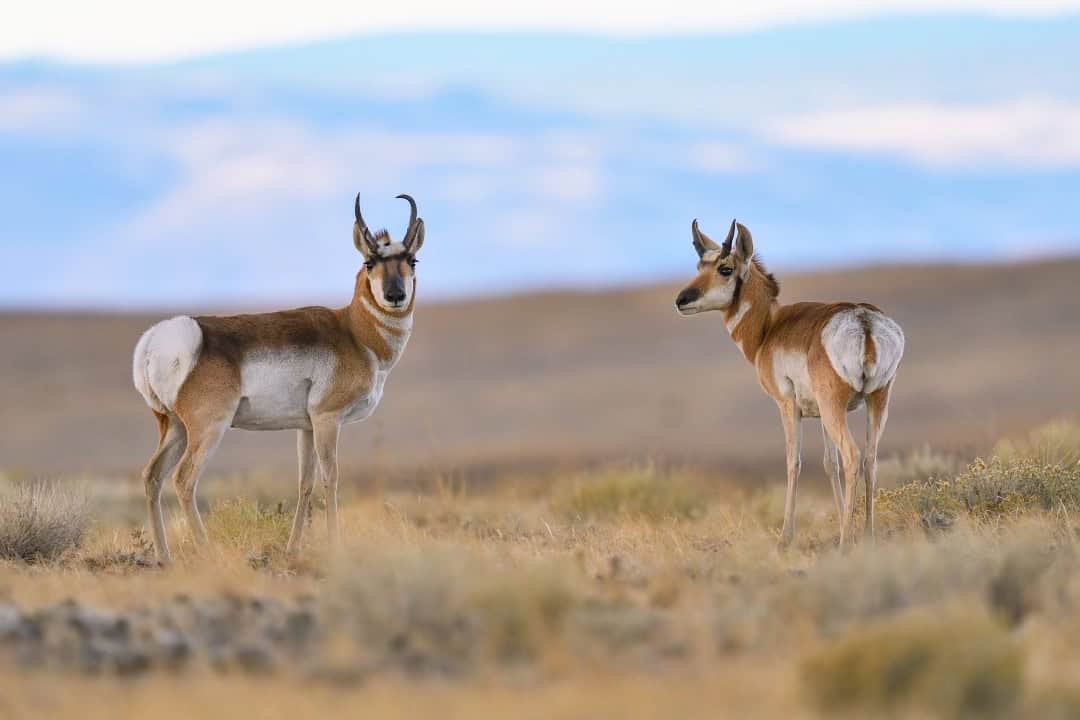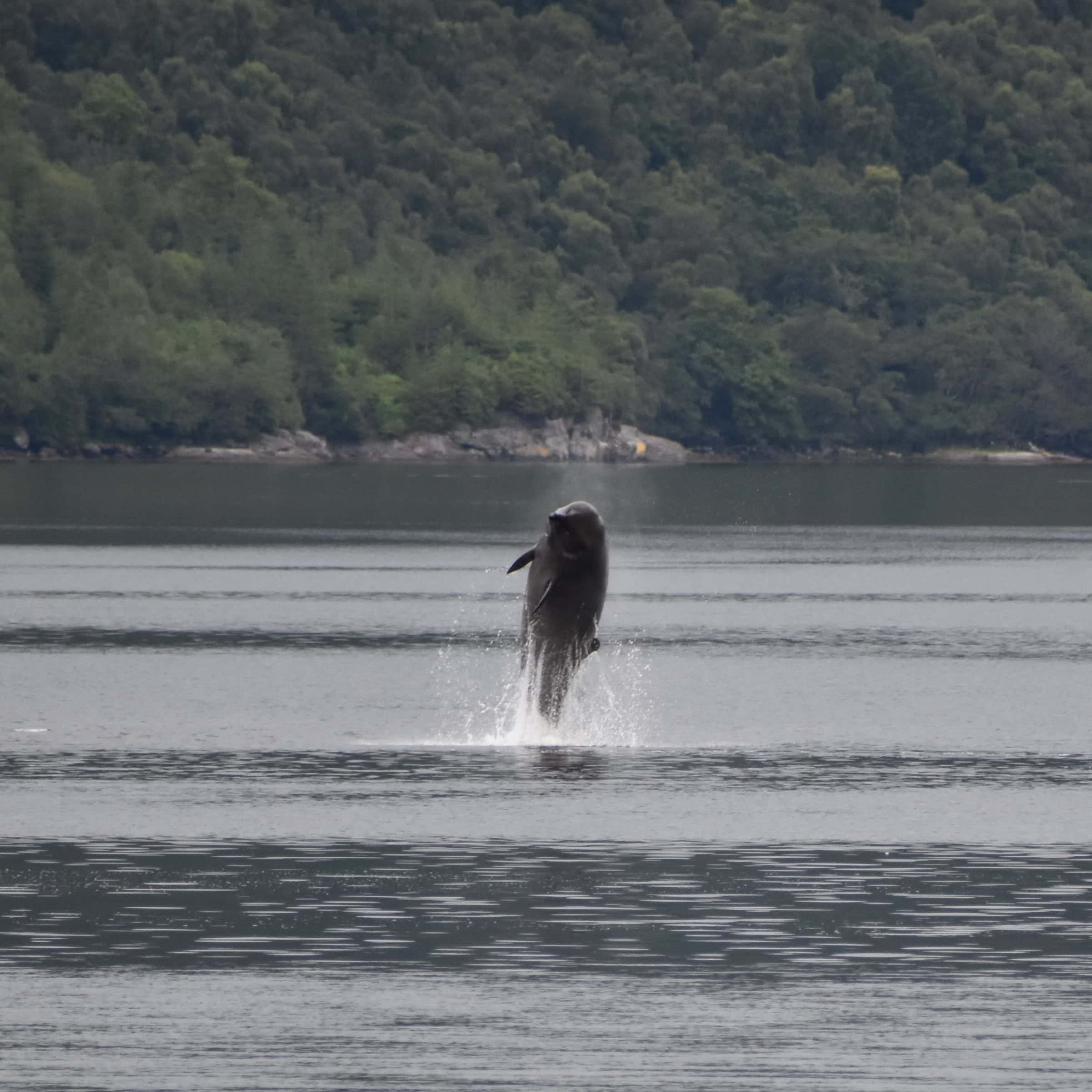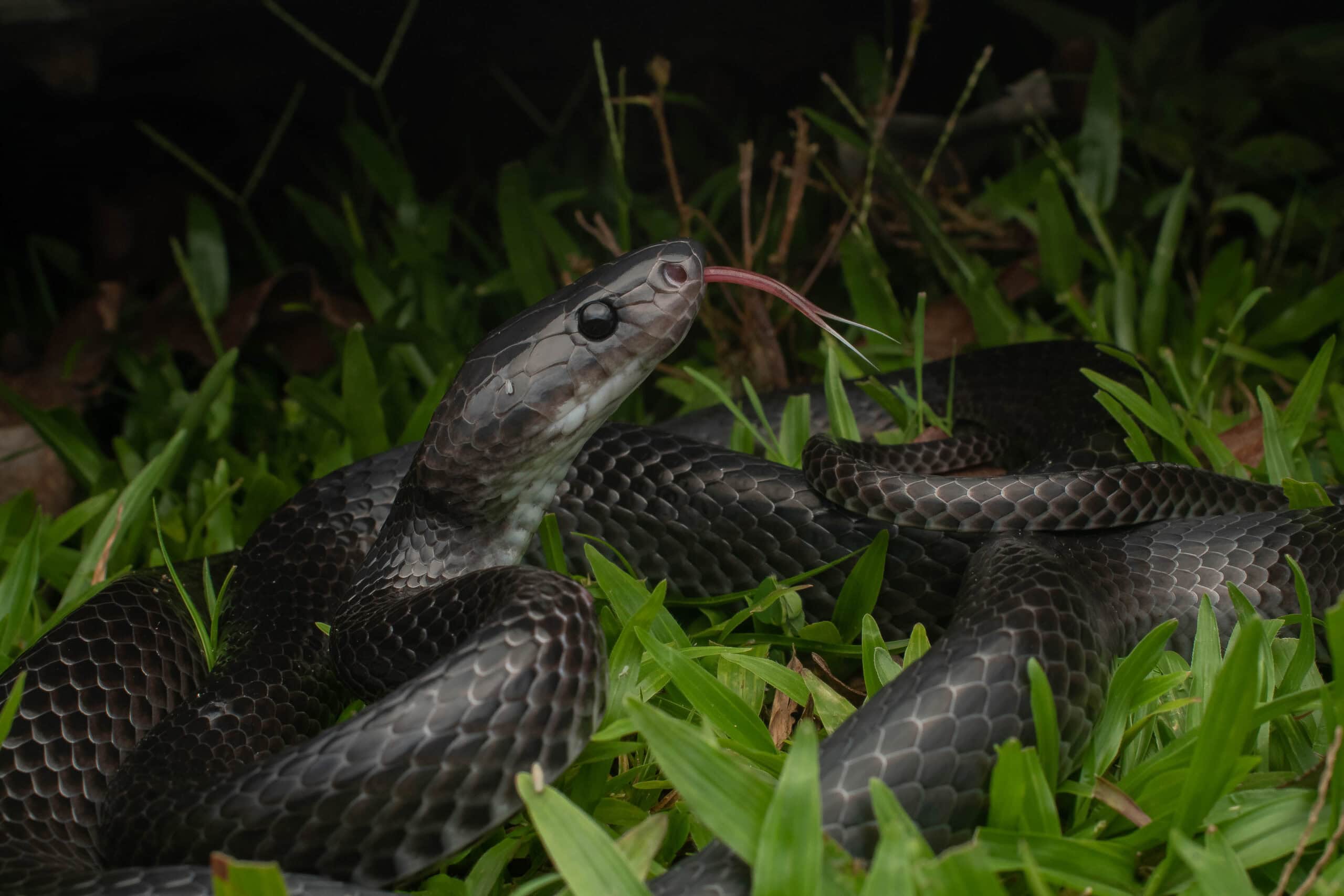Share this article
A changing society questions the foundations of wildlife management
News about Cecil, the Southwest African lion that was hunted and killed in Zimbabwe last year, brought on a slew of public backlash. The animal made headlines throughout North American media for weeks and many people expressed intense empathy for the lion.
Along with this empathy, questions about the sustainability of wildlife and the future of the North American Model of Conservation also surfaced. These questions were the topic of Tuesday morning’s plenary “Is Sustainable Use of Wildlife Sustainable?” at TWS’ 23rd Annual Conference in Raleigh, N.C.
The plenary, which was sponsored by Caterpillar Inc., kicked off with a video spotlighting the company and its conservation initiatives. While most people think of Caterpillar as a company that works with human restoration projects, it also balances out the need for natural resources to make the world a better place. “We know how to move dirt. We know how to build things,” said Ken Hoefling of Caterpillar. “Let us help build your dreams,” he told the audience of wildlifers
Shawn Riley, a professor of wildlife management at Michigan State University, introduced the sustainability topic by speaking about the importance of understanding how to best integrate social science insights into wildlife management. In other words, with behaviors and ideas about wildlife changing, how might sustainability be affected in the face of that change?
“Tension over sustainable use has been discussed in The Wildlife Society for a long time,” said Riley. He cited research published in the Journal of Wildlife Management 62 years ago about this topic. “Wildlife is not so simple,” he said. “We’re dealing with people as well. It’s not rocket science. It’s a lot more difficult than that.”
With a shift from an even more urbanized environment, Riley says it’s important to monitor the changes in our society to make life better for future generations. “If we monitor the change, that will enable adaptation,” he said. “If we stick our heads in the ground like ostriches, we’re done.”
TWS Vice President John McDonald, an associate professor in the Department of Environmental Science at Westfield State University, discussed the challenges resulting from the resurgence of black bear numbers. He says while it has been proven that black bears can be hunted sustainably, we need to answer the bigger question of if we need to hunt them. McDonald says there are modern challenges such as a shift in ethics that pose the question of not only if there are enough bears to hunt, but how it should be done and if the use of dogs, archery, hunting, trapping and other methods are acceptable socially.
“We’re promoting [hunting] as a tool-based solution,” McDonald said. This suggests that if a better tool happened to come along, we would want to use that, he added.
Conservationist Shane Mahoney, the final plenary speaker, explained how Cecil the lion has brought to light issues regarding the paradox of feeling empathy for animals that are hunted and understanding that hunting is important for the conservation and management of species. Mahoney is the president and CEO of Conservation Visions, Inc.
“I firmly believe that the Cecil phenomenon was an indictment of the collective failure of all of us to recognize that the world’s view toward wildlife and the world’s view of these amazing creatures…is changing substantially,” he said.
Mahoney predicts there will only be more “Cecil events” and “it will further galvanize the feelings of people toward wildlife.” Mahoney says what we need to teach future generations about generations of the past having a love and respect for wildlife while at the same time using them for their food and other resources.
“Cecil’s roar will never be silenced,” Mahoney said. “It will never be silenced because the rise in public feeling — whether we agree or disagree or see it as naïve — that change is happening in our society. And that change has enormous importance to the North American Model of Conservation.”
At the start of the session, TWS President Gary Potts thanked American Public University for its support of the Society as a Strategic Partner.
The following awards were also presented at Tuesday morning’s plenary:
The Donald H. Rusch Memorial Game Bird Scholarship:
Victoria Simonsen
Jim McDonough Award:
Reggie Thackston
The Group Achievement Award:
Utah Community Based Conservation Program
Header Image: Shane Mahoney discussing the importance of the future of the North American Model of Conservation.








